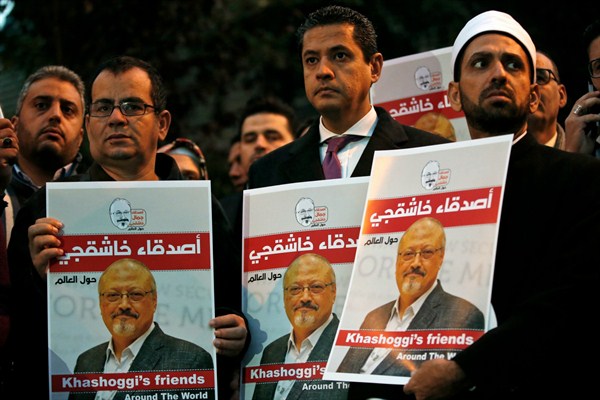Saudi Arabia has lately been in the news for all the wrong reasons. It has been widely condemned for a disastrous war in Yemen that has forced over 3 million civilians to flee and left over 15 million people on the brink of famine. The killing of Saudi journalist Jamal Khashoggi in the Saudi Consulate in Istanbul—allegedly on orders from Crown Prince Mohammed bin Salman—is a story that refuses to go away. More recently, the Saudi government finds itself responding to alarming allegations regarding the detention, torture and impending trial of many prominent female activists in the kingdom.
On March 7, the international community formally registered its displeasure. Thirty-six countries released a joint statement at the United Nations Human Rights Council criticizing the kingdom for arrests and arbitrary detentions of human rights defenders, the suppression of free speech under the guise of anti-terrorism laws, and the murder of Khashoggi. The council specifically condemned the continued detention of scores of Saudi female activists merely for “exercising their fundamental freedoms.”
As an international statement from a U.N. body, it was as hard-hitting as they come. It also represented the first time that Saudi Arabia had been formally reprimanded by the Human Rights Council since it was formed in 2006.

